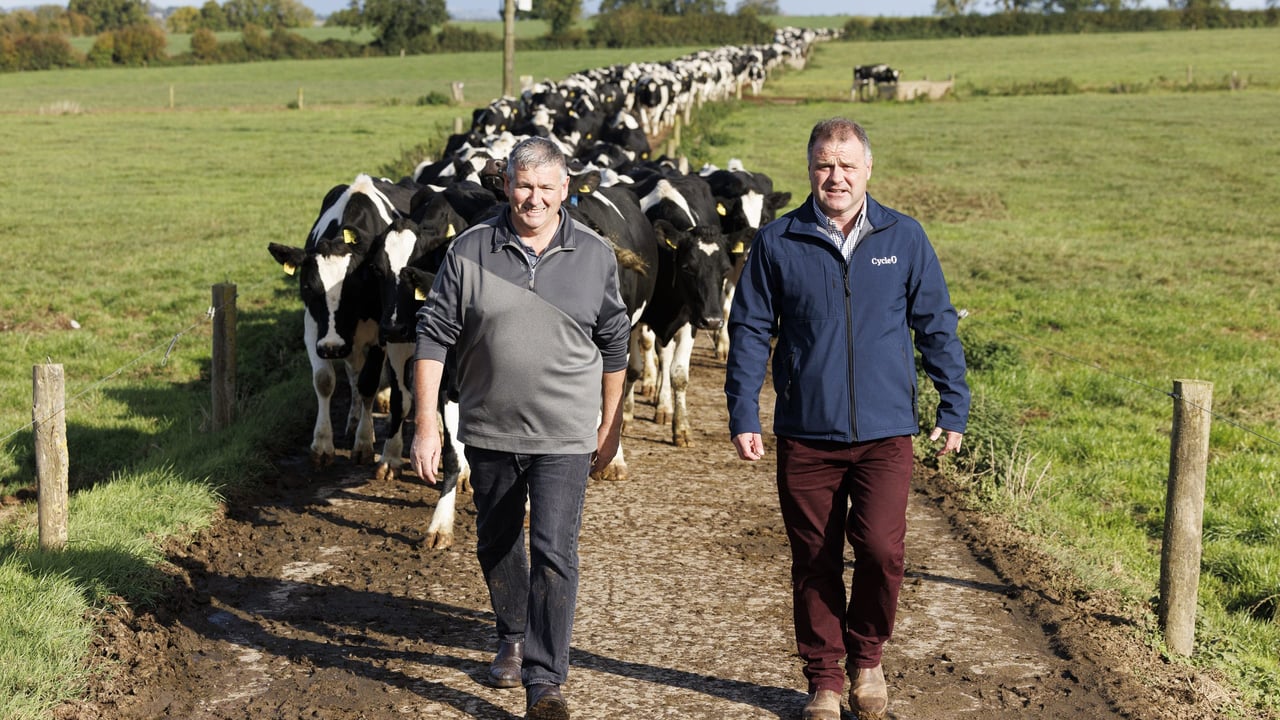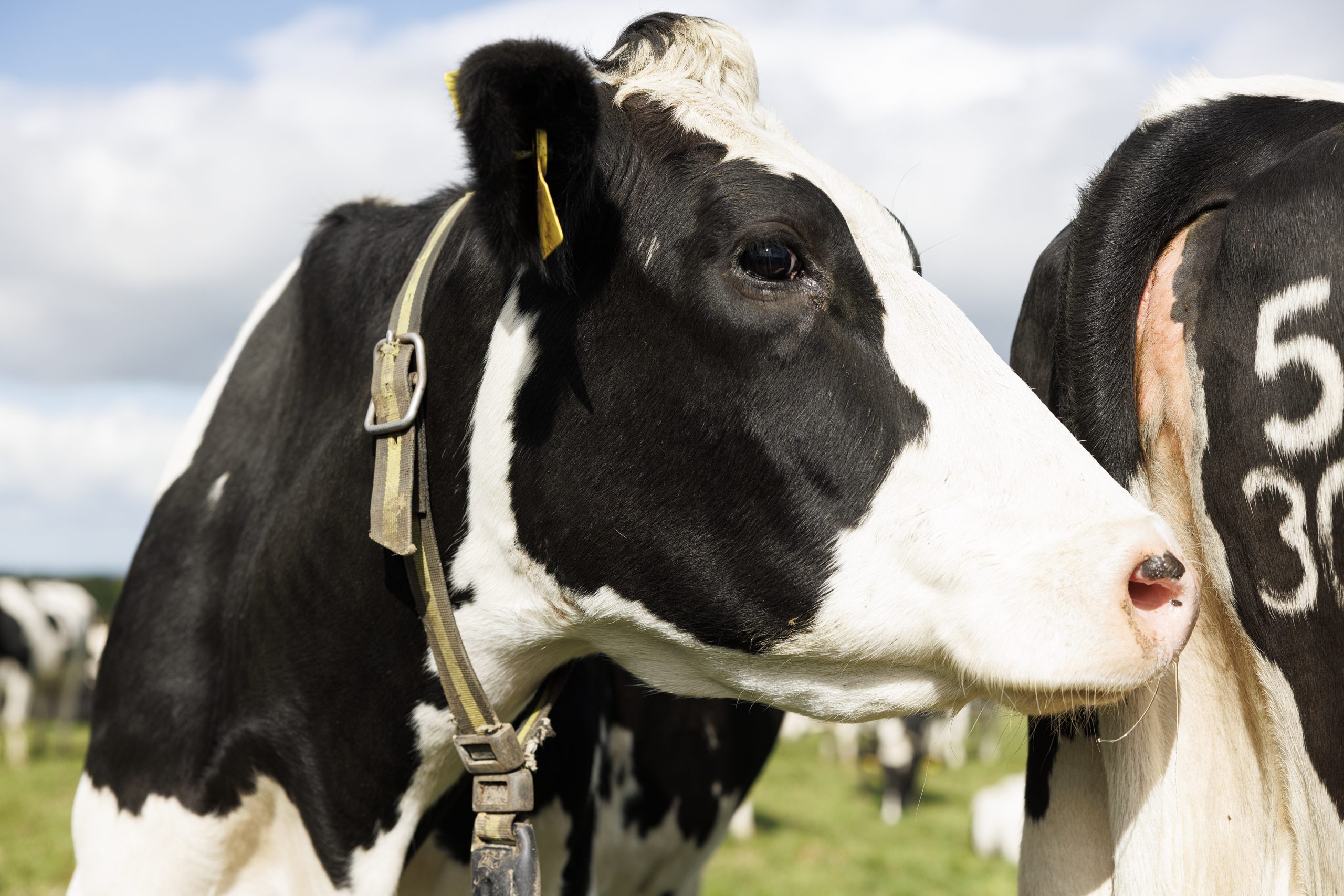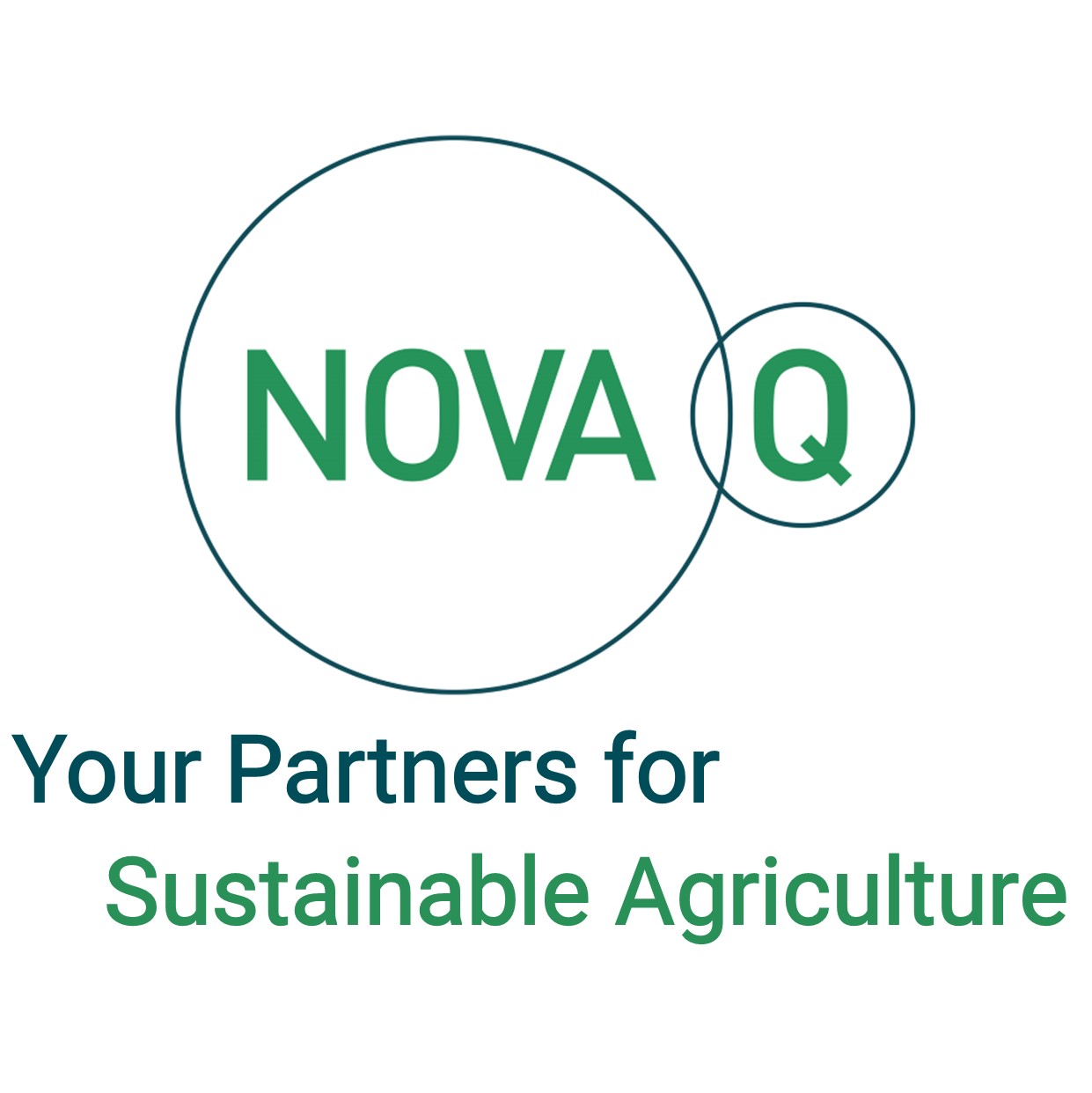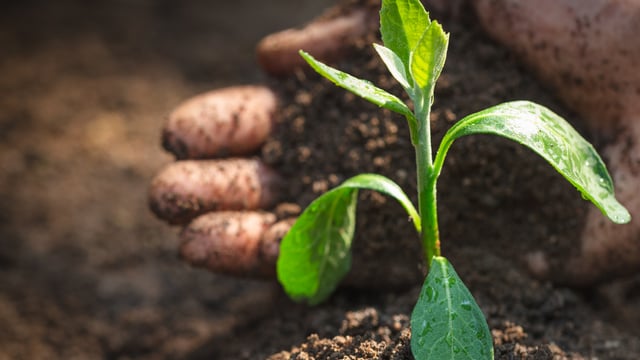Kildare to host community meeting about biogas plant
A community meeting will take place in Co. Kildare later this month to discuss plans for a new biogas plant in the area.
The meeting will take place at Clanard Court Hotel in Athy from 2pm to 7pm on Wednesday, February 19 where the public can drop in at any stage to ask questions and get more information.
Cycle0 Group, the biomethane platform that builds, owns, and operates plants across Europe confirmed that its investment plans in Ireland are progressing, with the first sites planned in Kildare and Limerick.
The group, which last year announced its intention to make a €100 million investment in new innovative agri-based biomethane plants in Ireland, will equity-finance, build and operate a total of four new plants, with two additional sites initially identified in Cavan and Galway.
These plants are expected to generate around 40GWh each of biomethane per year, enough in total to heat over 12,000 homes for a year in Ireland.
The plants aim to bring sustainable, renewable energy to support decarbonisation and provide a solution to the challenge of waste management while bringing new green jobs to rural communities.
Public community meetings will also be organised at the other three planned sites in due course, after the Kildare meeting.
Biomethane is produced from upgraded biogas derived from agri-food and industrial waste produced via anaerobic digestion (AD) and can be used for injection into the gas network or liquefied to produce renewable fuel for road and maritime transport.
The AD process also produces digestate, a nutrient-rich and renewable alternative to synthetic fertilisers that helps to improve soil health and reduce the carbon intensity of farms.
Speaking about the progress, Ireland country manager for Cycle0, James Manley said: “AD and biomethane is good for farmers and good for the planet, helping to manage the problem of the agri by-products and nitrates they produce.
"Using AD to generate biomethane, a renewable natural gas, reduces naturally occurring greenhouse gas emissions and generates digestate which beats synthetic alternatives hands down as it improves soil health and protects water courses from nitrate leaching."
The company held a public engagement event in Limerick in December, with similar events planned for each site, to enable the communities closest to the planned plants to learn more about them and to ask questions.
“We’re holding an event for each location. We are grateful for the engagement we’ve seen to date from the community of the Limerick plant, both at our public event in December and the questions that we’ve received since."
Cycle0 is looking to contract with local farmers as feedstock suppliers, which it has said will offer a solution to slurry storage and management.
This is one way in which the plants aim to generate long-term additional revenue for farmers and their communities, while helping to decarbonise the Irish gas network.
The key benefits of AD plants according to Cycle0 are:
- Contracting to provide stock for the plants provides farmers with a solution to the long-term management of slurry, manure, and agri-waste. That means peace of mind for farmers concerned by the nitrate derogation limiting their ability to manage manure within existing land resources;
- The selling of feedstock waste for processing at the plants will generate additional revenue with long-term contracts of up to 15 years available as standard;
- Farmers may sign agreements with Cycle0 to sell or lease land for plant construction and to sell their by-products for processing into biomethane, with the right to purchase the nutrient-rich fertiliser produced by the AD process known as digestate, at low cost;
- The building of each plant will generate new green jobs during both the construction and operational stages of the plants, helping to support rural communities with well-paid and sustainable employment.






